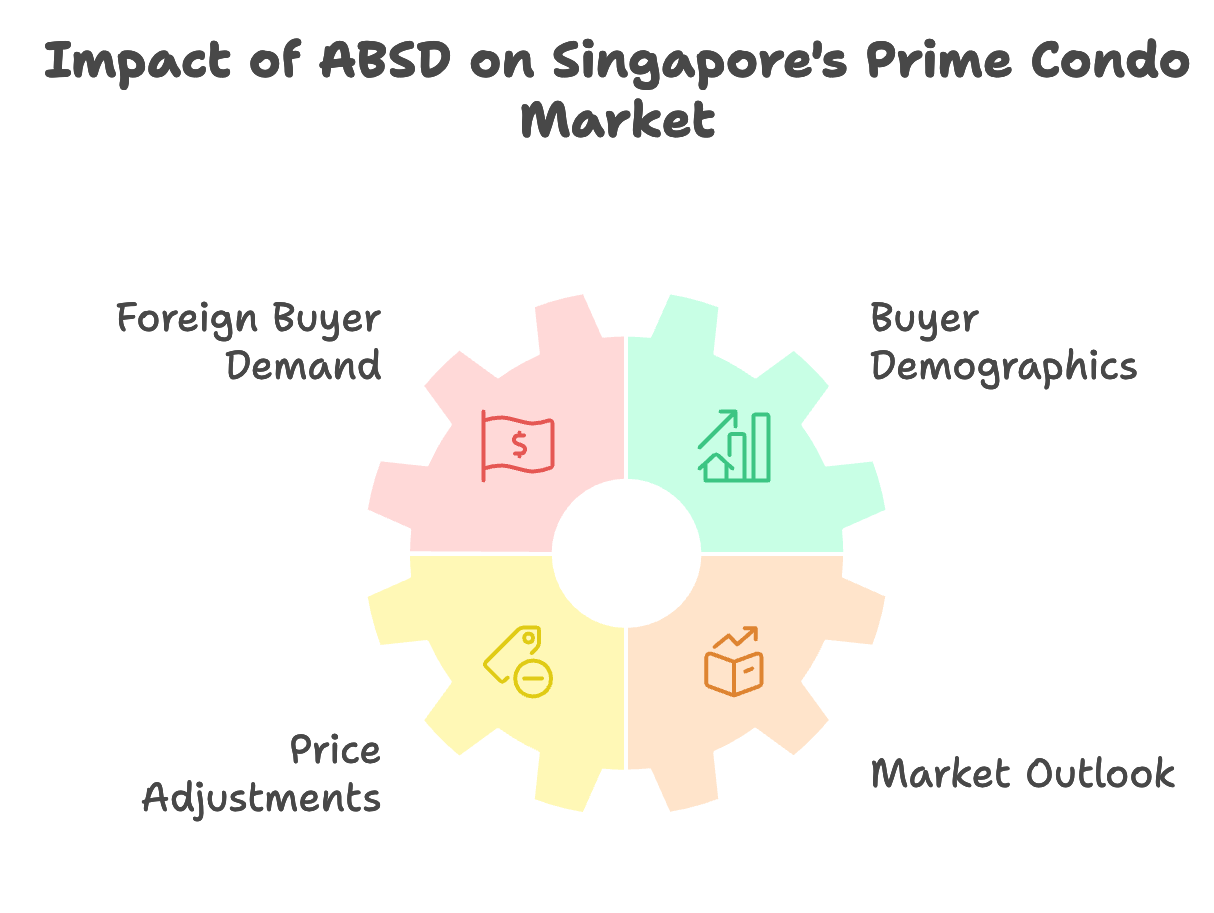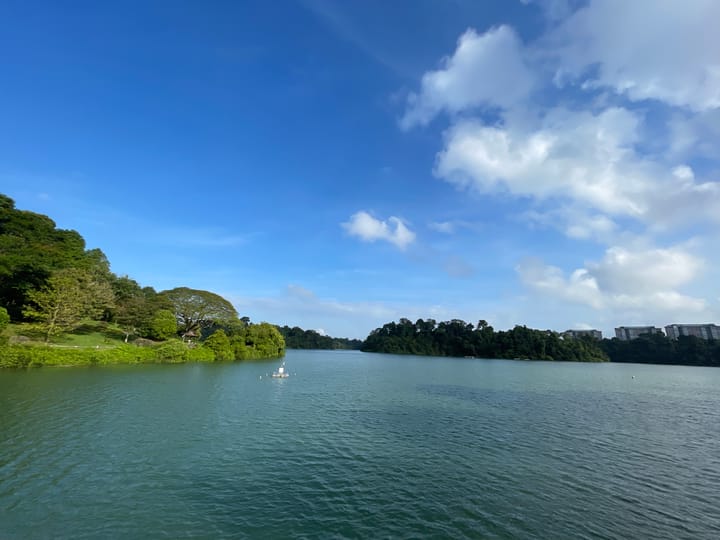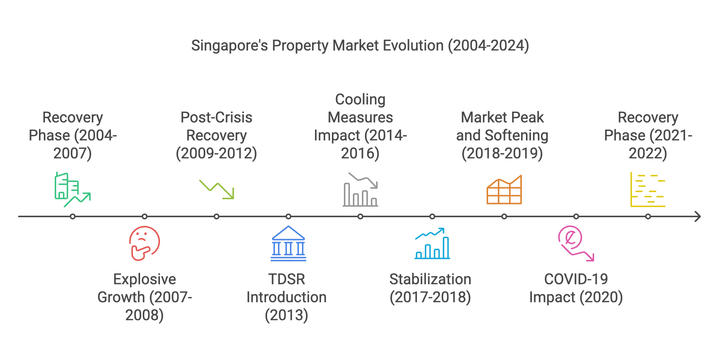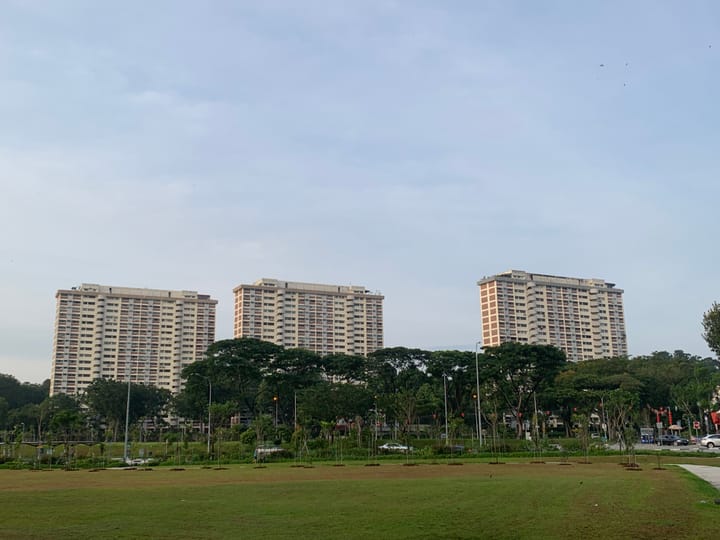How does ABSD affect prime condos in 2024 & how will it affect in 2025

The introduction of the Additional Buyer’s Stamp Duty (ABSD) in April 2023 has had a significant impact on the Singapore property market, particularly concerning prime condominiums. As we assess the effects one year after its implementation and look ahead to 2025, several key trends and implications emerge.
Impact of ABSD on Prime Condos in 2024
- Foreign Buyer Demand Decline: The ABSD rate for foreign buyers was raised from 30% to a staggering 60%. This dramatic increase has led to a sharp decline in foreign purchases of prime properties. For instance, the percentage of non-landed private resale home transactions by foreigners plummeted from 5% in January 2023 to just 1.1% by October 2023. This drop has significantly affected the sales volume in high-end markets, particularly in the Core Central Region (CCR), where foreign demand traditionally played a crucial role.
- Shift in Buyer Demographics: With foreign buyers retreating from the market, Singaporean and Permanent Resident (PR) buyers have increasingly dominated sales. Reports indicate that local buyers accounted for a substantial majority of transactions, leading to a more stable but less diverse market. This shift has implications for pricing dynamics, as local buyers typically have different purchasing power and preferences compared to foreign investors.
- Price Adjustments: Despite the cooling measures, prices for prime condos have shown resilience, with some analysts suggesting that they may hold firm due to limited unsold inventory. However, the overall sales volume for prime non-landed residential properties fell by approximately 27.1% in the second half of 2024 compared to previous periods, indicating that while prices may not drop drastically, sales activity has slowed significantly.
Outlook for 2025
- Continued Pressure on Foreign Demand: The high ABSD rates are expected to persist into 2025, continuing to deter foreign buyers from entering the Singapore property market. Analysts predict that this trend will maintain pressure on the high-end segment, potentially leading to further price stabilization or even declines if local demand does not compensate for the lack of foreign investment .
- Market Adaptation: As developers and sellers adjust to these new realities, there may be a shift towards more affordable segments of the market. Properties outside the CCR, particularly in the Rest of Central Region (RCR), may see increased interest as buyers seek lower entry costs and reduced ABSD liabilities.
Potential Policy Reevaluation: Given the significant impact of ABSD on market dynamics, there may be discussions around reevaluating these rates or introducing measures to stimulate demand among foreign buyers again. The government’s stance on maintaining a sustainable property market will play a critical role in shaping future policies.
Conclusion
In summary, the introduction of ABSD has profoundly affected prime condominiums in Singapore over the past year, primarily by reducing foreign buyer participation and shifting market dynamics toward local purchasers. As we move into 2025, these trends are likely to continue, with ongoing pressures on pricing and sales volumes in the high-end segment. Buyers and investors should remain vigilant about these developments as they navigate their real estate decisions in this evolving landscape.



